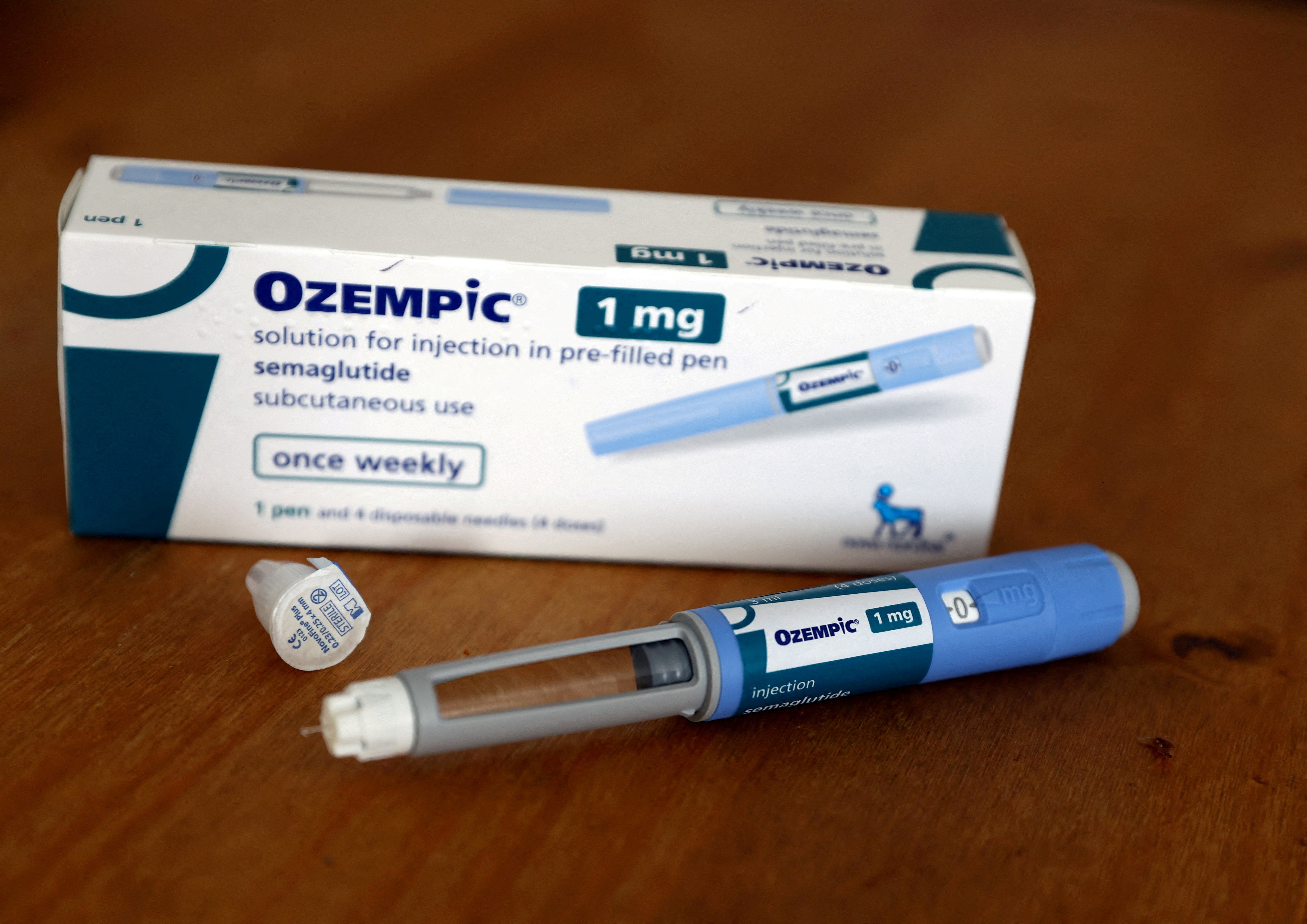Is that true? How to spot health misinformation online
Share:
Social media is rife with wellness advice and warnings – but how do you separate genuine tips from all the BS?. Wellness advice abounds on social media: warnings about “toxic foods”, assertions that parasites are driving your sugar cravings, or claims about solving the “root cause” of bodily complaints with unproven remedies.
“Wellness woo” appears in many domains, like nutrition, dermatology, parenting and psychology, says Dr Jonathan Stea, clinical psychologist and author of a new book about mental health misinformation, Mind the Science. Common themes include distrust in mainstream medicine, the flawed belief that “natural” is always best, and an overreliance on anecdotal evidence – for instance, “I believe smearing beef tallow on my face cured my acne, so it will also cure yours!”.
While some health myths are harmless (think okra water), the cumulative effect of bad advice flourishing online poses real risks to our wellbeing and scientific literacy. A MyFitnessPal survey found that 87% of millennial and gen Z TikTok users get at least some health advice from social media – even though only about 2% of it aligns with public health guidelines. It’s not just influencers fueling the problem. Debunked misinformation about vaccines and fluoride are now echoed by figures like RFK Jr, poised for positions of federal health authority.
Here’s what experts say about how to avoid health and wellness misinformation online. “Even those of us who are trained and have had experience distinguishing between misinformation and actual information” can fall for disinformation, says Irfhana Zakir Hussain, a researcher at the University of Waterloo who helped create U-MAS, a system to track misinformation on social media.






















